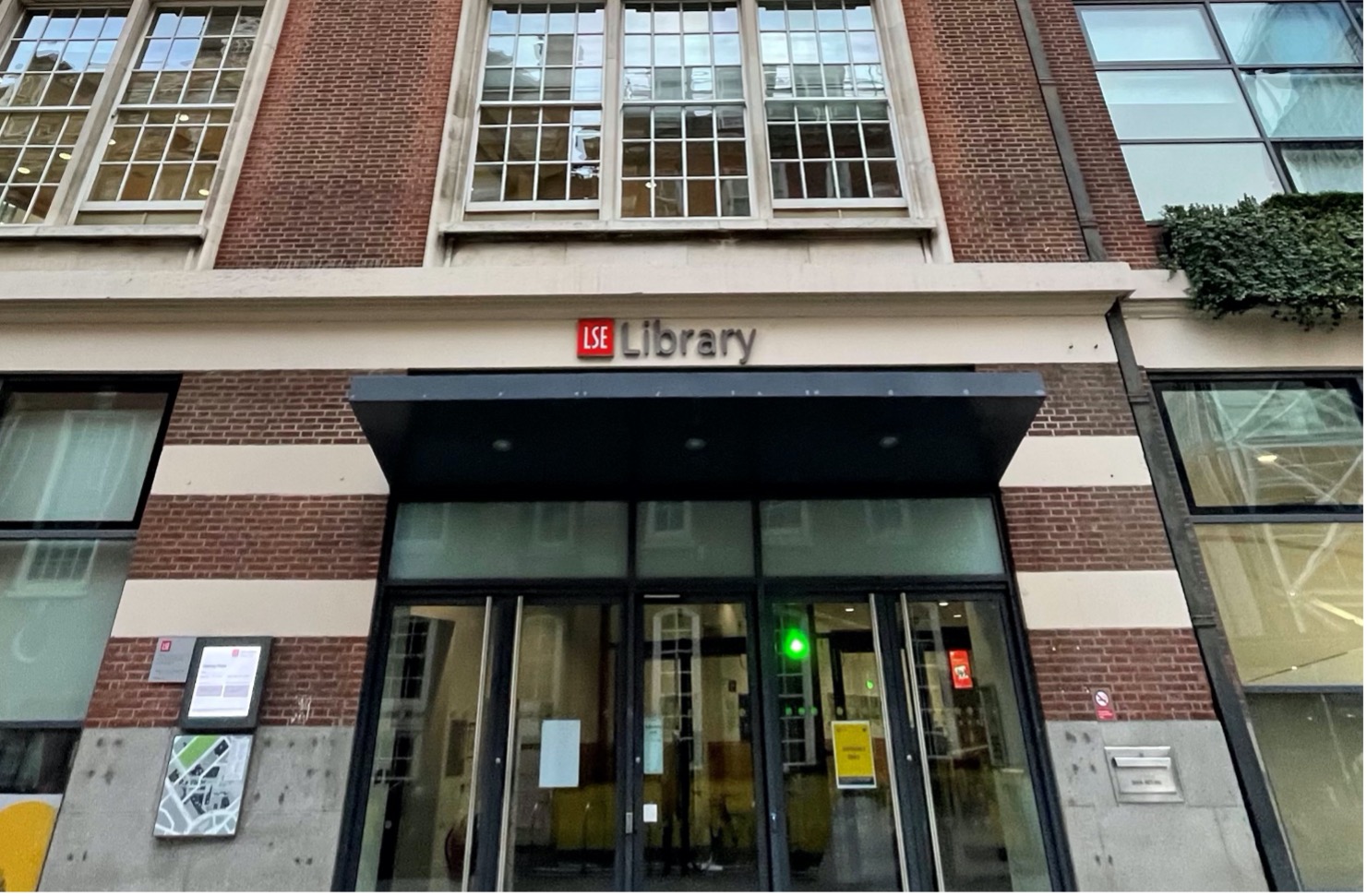As part of your LSE conditional offer to study an undergraduate programme, you will have to meet the English language requirements. Refer to our website for more information about the English language requirements. When I received my offer to study BA Anthropology and Law in 2018, I chose to sit the IELTS. In this blog, I will help you decide which test to take, how to prepare, and what to expect when sitting the test.
Choosing the test
LSE accepts lots of different forms of proof of English language, which you can find out more about in the website. At the end of the day, it doesn’t really matter which one you choose, as long as you meet the offer criteria. Therefore, I recommend choosing one that is simply the most convenient for you. I personally chose the IELTS because there was a testing centre near my hometown, and it was one of the less expensive tests to take. Note, however, that some tests, including IELTS, are only valid for a couple of years. This may be another factor to consider.
Now that tests might be carried out online as a consequence of the pandemic, I would recommend having a look at different test formats and deciding based on which one you feel most comfortable attempting. Tests can look pretty similar across different providers and will likely always include different components such as writing, listening, speaking and grammar.
How to prepare
My main piece of advice to get ready to take a test is to practice as much as you can. When I took the IELTS, I searched the internet for past papers and other practice resources and just sat a few of the tests at home. This will allow you to understand the test format and not be surprised on the day of the test. For me, this was the ideal preparation and when I came to take the test, I knew exactly what to expect, which increased my performance and lowered my stress levels.
What to expect
Since I did the test before the pandemic, my experience may differ from an online-sat test. Either way, however, the test will probably last a few hours and you will be given different time slots for different components. The exercises were very similar to what I practised. Therefore, I would say the most important thing is to focus on accuracy in your spelling and grammar and focus on simplicity rather than complicated sentences. The same goes for the speaking part of the test, where you will be given a random prompt. I remember mine being to talk about a dress that I wore to a special occasion, but also about why I was taking the test and what my future plans were. It is best to try to treat this like a normal conversation, at least for the IELTS, since this is what they are trying to assess.
Overall, I would not worry too much about this requirement of your offer. If your application to study at LSE was successful, it is most likely that your personal statement already showed a good level of English. All you need to do is familiarise yourself with the format and prepare well, to allow for a stress-free experience that will get you into LSE without issue.






Can i take IELTS exam after i get accepted in the college or do I have to take it now as a part of my UCAS application?
Hi Shreya, you can take the IELTS after you submit your UCAS application and only if you receive an offer.